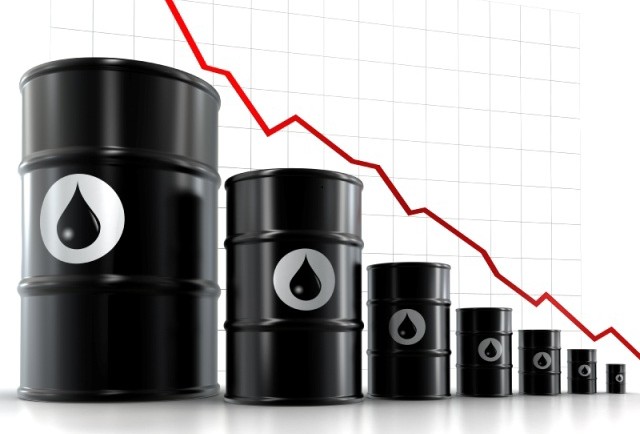The world is seemingly getting smaller every day. Online platforms, newspapers and financial television stations usually monitor events happening in one country that can have effect on other countries worldwide. People are now updated and interconnected compared to any other time in the history. It is without doubt that globalization has its own advantages, but when economic crisis, global recession, war and trade imbalances occur, it suddenly leads to the idea of making safer investments and working on government deficits. The occurrence of such uncertainties can even confuse experienced investors.
Uncertainty
Every time an individual risks his money for a chance to make profit, there is always a level of uncertainty. When fresh threats such as political unrest, recession and war arise, levels of uncertainty increase rapidly as organizations can no longer correctly predict future trends and earnings. As a result, influential investors will cut their holding in stocks significantly where they consider it unsafe and transfer their funds to other sectors such as government bonds, precious metals and money –markets ventures. The results of the sell-off when large portfolios are repositioning themselves, causes the stock market to be unattractive for both small and big investors.
Effects of uncertainty
Uncertainty can be termed as the inability to predict future trends and events. Investors cannot be able to predict the possibility of a recession, how much it will cost, when it going to start or end or which organizations will be able to make it through without being affected. Most organizations usually make predictions of productions and sales trends to give public the confidence to invest in normal market conditions, but changing uncertainty levels can result in inaccurate prediction. Uncertainty can affect economic situations both at macro and micro levels. At micro level, uncertainty focuses on particular companies within an economy that is faced with recession or war, whereas on the other hand, uncertainty on the macro level focuses on the economy as a whole.
On a micro- level company perspective, uncertainty is a major concern for companies that deal with consumer goods and services on daily basis. Consumption can fall rapidly if there is a threat of recession as customers refrain from buying goods and services. As a result, uncertainty can cause organizations to lay off some of its employees in certain sectors to reduce the effects of lower sales. Uncertainty levels that surround company sales also affect the stock market.
On macro level perspective, uncertainty is expanded when the countries at recession or war are major consumers or suppliers of goods and services. For example, a country that supplies huge amounts of oils goes to war, uncertainty concerning the levels of globe oil reserves would increase significantly.
Another macro- level event that brings in uncertainty is the devaluation of exchange rates. Countries that are faced with recession and war are deemed to be unstable. Therefore, investors tend to move their currency and investments away from these countries.
How to react
When uncertainty situations heighten, the best weapon is to be well informed about all the events occurring worldwide. One can research individual companies, read newspapers and watch financial televisions to keep updated. It is also critical to analyse sectors that are likely to gain more and the ones that are going to lose during the crisis and choose a long term plan to invest. In addition, uncertainty times are also a good opportunity for investors who position themselves to take advantage of the situation. Brilliant investors will search for companies that provide goods and services that will be in high demand when the situation normalizes. However, it is very hard to commit investments in uncertainty situations, but one can reap huge benefits in the long run.
Online Forex traders such as CMC markets and their clients are good example of investors who should be updated about uncertainty. CMC markets operate in many currencies and therefore it is critical to monitor the performance of every currency. When a certain currency becomes weak because of a various uncertainties, it is advisable for traders to change and trade with other stronger currencies. Where a possibility of situations normalizing, traders can take the risk and hang on to reap the huge benefit that’s come along with such situations.



